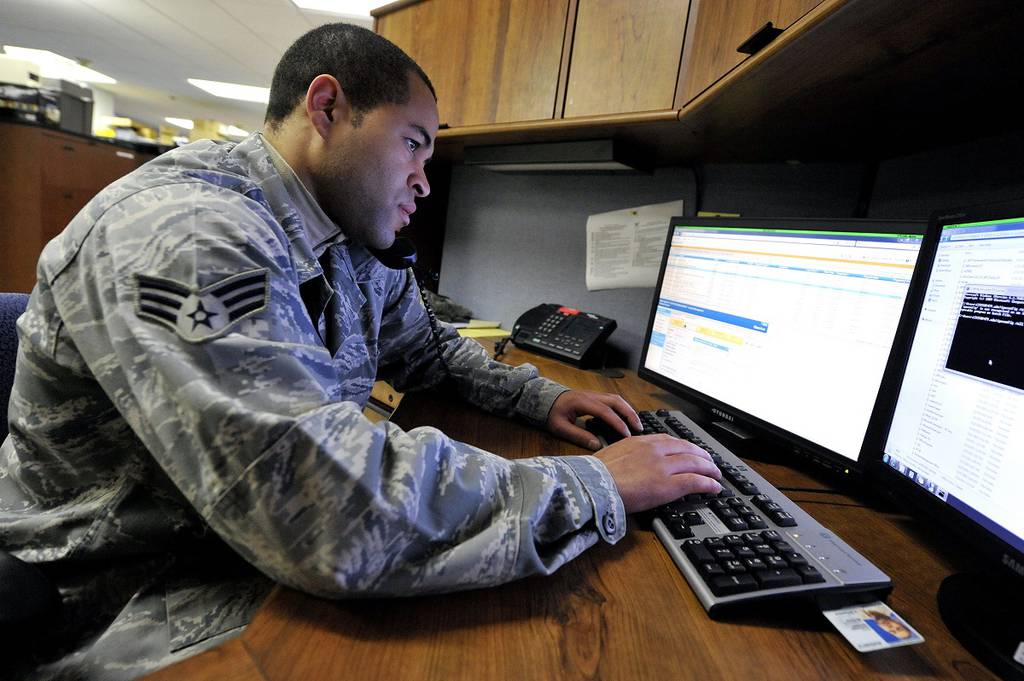I can only speak from the Air Force heavy side of things, plus I'm also pretty new to the job, but here's what I've been able to observe so far. Take it for what it's worth.
As an aircraft commander you're going to help mentor co-pilots to prepare them to upgrade to aircraft commander. You might also have enlisted aircrew ranging from folks with twenty years or more experience to fresh out of tech school. So that could mean having the humility, as an officer and a pilot, to listen to an experienced NCO who knows the aircraft tell you you're wrong about something. It could also mean having to keep an eye on a young enlisted boom operator in a job that's honestly a lot of responsibility for a young person.
When you're flying as a crew, you set the tone for the aircraft. It's up to you to make sure that the crew functions together, and if you've got passengers, that's a whole different story as well. If you rule with an iron fist, a crew member might be afraid to point out to you a dangerous situation developing. If you're too relaxed, it can compromise job performance and safety. There's a whole science the Air Force teaches you called Crew Resource Management which involves how to best leverage the human factors involved in flying a crew aircraft. I'm sure other air frames and other branches have something similar.
As the aircraft commander, you ultimately get the final say on what the plane does. If you have to break the rules or decide not to take off, you have to have the backbone to stand by your decision. You might be pressured to fly a sortie in conditions you feel are unnecessarily risky, or with an aircraft that meets the criteria to fly, but is missing a piece of equipment that could be crucial in a specific situation. It's up to you to make the call and accept the consequences. Quite honestly one of the best unexpected benefits that came from becoming a pilot was learning to stand up for what I believed in and to trust my decision making if I feel it was sound. Even if others try and tell you otherwise.
Due to the responsibility placed on enlisted aircrew and their high level of technical expertise as well as the fact it's you and two others flying around in an aluminum can for hours at a time, the relationship between officers and enlisted is much more relaxed than the non-rated side. At least for the Air Force. Still professional, but it's pretty rare to see a finance troop talking as casually to an officer as you might see some boom operators. Enlisted aircrew are going to spend more time with officers than they will with other enlisted when flying, so naturally you become closer with them while still respecting the proper boundaries.
Bottom line, you'll still have the chance to lead as a pilot, but it'll be a smaller group of individuals in far more intense and unpredictable situations.

